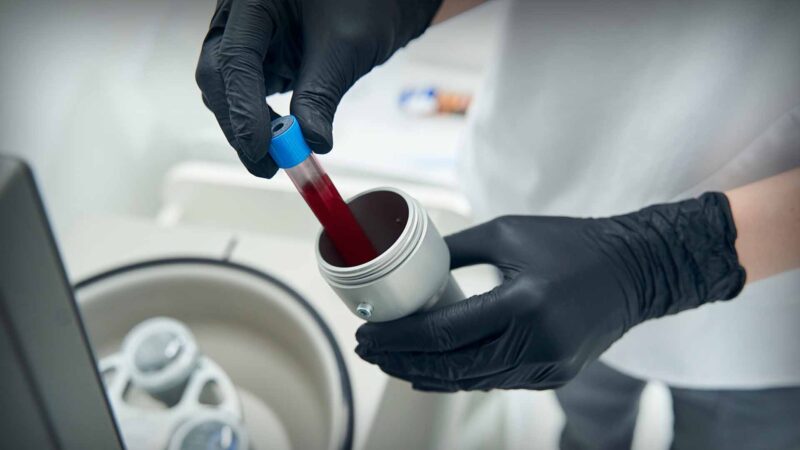Dr Anjali Jaiprakash is a robobiologist working at the intersection of medicine, engineering and design, with a transdisciplinary approach to develop medical devices that translate robotic vision into affordable systems that can be used to improve healthcare outcomes. Anjali has experience in the fields of medical robotics, medical device, orthopaedics, trauma, bone and cartilage biology. She spoke with Anne Dao following her talk “The Robot Doctor Will See you Now” at Australian Healthcare Week 2019.
Categories
- Allied Health 14
- Associations 54
- ARCS Australia 6
- Australasian College of Paramedicine 2
- Australian College of Nursing 13
- Australian Healthcare and Hospitals Association 9
- Australian Primary Health Care Nurses Association 3
- Consumers Health Forum of Australia 3
- Medical Technology Association of Australia 8
- Medicines Australia 2
- Pharmacy Society of Australia 5
- Royal Australian College for General Practitioners 3
- Australian state 29
- Awareness 3
- Bowel and Intestine 1
- Brain and Mind 24
- Cancer 6
- Career 37
- Charities 1
- Chronic disease 2
- Clinical Trials 25
- Conferences 13
- Core muscles 1
- Dental 12
- Ear, nose and throat ENT 2
- Education 8
- Endocrinology 6
- Episodes 6
- Eye Health 3
- Gastroenterology 1
- General Practice 10
- Global Health 1
- Government 26
- Haematology 2
- Health System 92
- Accessibility 2
- Allied Health 3
- Awards and Recognition 4
- Comprehensive Centre 1
- Consumer involvement 3
- Decision Support 1
- Government 6
- Health Policy 4
- Industry 1
- Job Skills and Training 6
- New Models of Care 14
- Occupational Therapy 5
- Population screening 1
- Preventive Health 3
- Private Health 1
- Public Health 6
- Regulatory and Reimbursement 5
- Scope of Practice 5
- Social Prescribing 1
- Value-Based Health Care 4
- Workforce growth 9
- Workforce Survey 1
- Workforce wellbeing 6
- Heart 5
- Hospitals and Clinics 53
- Anaesthesia 2
- Co-design and adoption 6
- Construction 2
- COVID-19 3
- Emergency Department 7
- Environment / Sustainability 1
- Equipment 2
- Funding and Operating Models 3
- Health Services and Systems 3
- Infection Control 4
- Planning, Culture and Growth 2
- Point of Care 4
- Private Hospitals 1
- Surgery 5
- Workflow 1
- Wound Management 2
- Immunology 1
- Industry 1
- Innovation 8
- International health and research systems 1
- Lung 3
- Media Partners 3
- Medical Devices 15
- Medical Imaging 6
- Medical Management 1
- Medical Research 19
- Medicine 9
- Microbiota 1
- Musculoskeletal 4
- New Content 264
- Nursing 36
- Nutrition 2
- Oncology 4
- Oral Health 3
- Paramedics 5
- Patients 16
- Pharmacy 12
- Philanthropy, Foundations and Charity 1
- Population 57
- Aboriginal 3
- Cosmetic surgery 1
- Defence 2
- Disability 2
- Diversity, inclusion and equity 1
- Frail, Homebound and Bedridden Population 3
- Homeless 1
- Marginalised 1
- Men's Health 1
- Middle-aged 1
- New Parents 1
- Paediatric 11
- Palliative 1
- Rural and Remote 8
- Seniors and Aged Care 10
- Women and child birth 2
- Women's Health 5
- Youth 2
- Primary Health 13
- Region 1
- Research 31
- Startups 3
- Technology 38
- Training and Career 26
- Workforce sustainability 1



